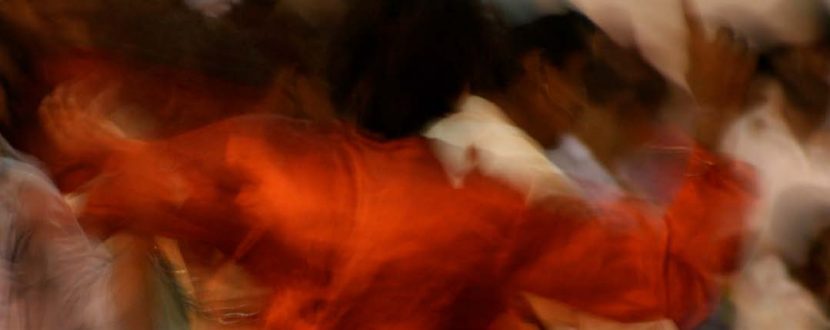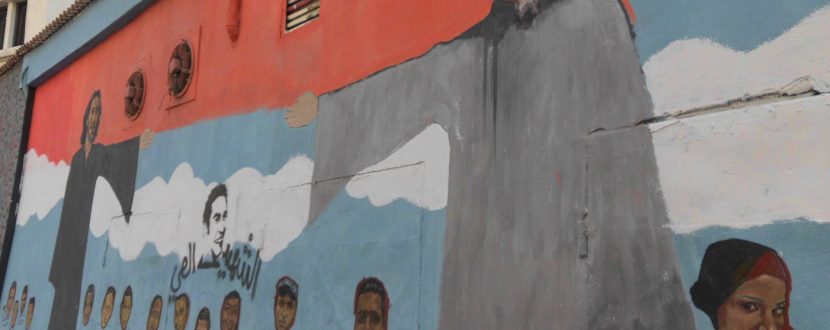Affect, Politics, and Religion in Iceland Religion in politics is a contested field even without taking its affective and emotional dynamics into account. But exactly this was the aim of our workshop Affect, Politics, and Religion (held by Ricarda Ameling, Aletta Diefenbach, and Antje Kahl) that took place at the end of July 2022, for which … weiterlesen
Feeling Racist Narratives Travelling Through Europe

Affect, Politics and Religion in Iceland Religion in politics is a contested field even without taking its affective and emotional dynamics into account. But exactly this was the aim of our workshop “Affect, Politics, and Religion” (held by Ricarda Ameling, Aletta Diefenbach and Antje Kahl) that took place at the end of July 2022, for which a … weiterlesen
Engaging the Elsewhere – Affective politics and political aesthetics across Muslim and Christian life-worlds: Workshop Report

How do people, things, and (ritual or devotional) spaces relate to the Elsewhere, and how are they in turn shaped by the Elsewhere in their everyday doings and being? What is our conceptual understanding of the Elsewhere and how can it be researched? How do affective politics and political aesthetics constitute the mutual relationship between … weiterlesen
Die affektive Macht des „Martyriums“: Was wir von der Debatte um eine Kunstinstallation lernen können

„In Berlin-Kreuzberg werden Massenmörder zu Märtyrern erklärt,“ titelte am 29. November 2017 die Welt. Und weiter: „Eine Kunstinstallation im Berliner Bezirk Kreuzberg präsentiert islamistische Terroristen als Märtyrer – und hebt sie auf eine Stufe mit Martin Luther King und anderen Widerstandskämpfern.“ Wie bitte? Auch der BILD-Autor Gunnar Schupelius gibt sich „fassungslos“ und verkündet: „In Kreuzberg … weiterlesen
An interview with Donovan Schaefer on Religious Affects
On November 4. and 5., 2016, the thematic group on “religious feelings” of the Collaborative Research Center Affective Societies hosted the international two-day workshop “Inside Out: Affect(s) in Multi-Religious Secular Societies”, organized by Hubert Knoblauch, Christian von Scheve, Anna Berg, Meike Haken, and N. Yasemin Ural. The workshop aimed at reflecting upon and discussing the role of … weiterlesen
Der säkulare Staat – ein unparteiischer Schiedsrichter?

In Konflikten über Religion wird häufig das Bild eines säkularen (und daher neutralen) Staates gezeichnet, der mit Forderungen einer religiösen Minderheit konfrontiert ist. In ihrer kürzlich erschienen Monographie „Religious Difference in a Secular Age“ erzählt die Anthropologin Saba Mahmood die Geschichte dieses vermeintlich neutralen Players in Ägypten und eröffnet spannende Perspektiven auf den deutschen Säkularismus. … weiterlesen


